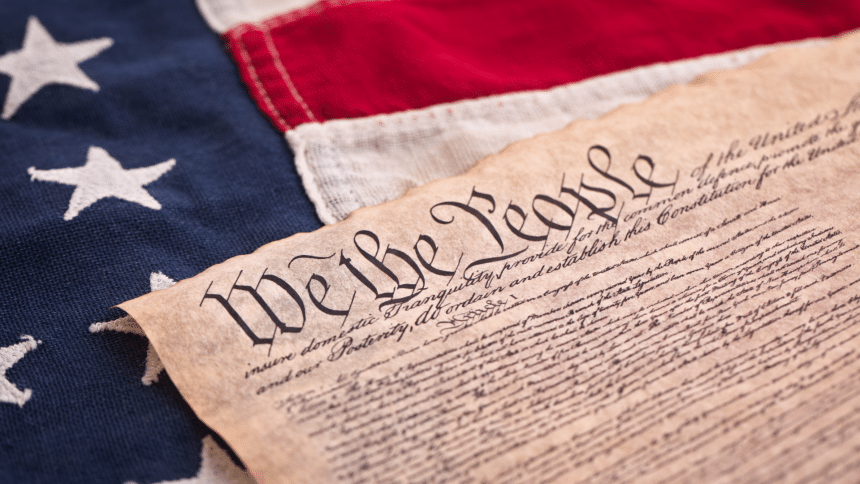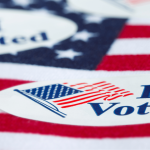U.S. Sen. Roger Wicker, along with Mississippi Education Board member Mary Werner, are making a push to keep the history assessment as part of the state’s public school curriculum.
History is currently not one of the three federally mandated subject matters (algebra, biology, and English) required to be tested before graduation. The Mississippi Education Board’s Commission on School Accreditation voted in April to eliminate the test, requiring a final vote later in June.
While passing a U.S. history course would still be required for high school students to graduate, Wicker and Werner argue that mandatory testing of the subject emphasizes a critical piece of education to create informed and engaged citizens.
“[A student receiving their diploma] is a symbol of one generation bestowing the responsibilities of citizenship onto the next,” Wicker and Werner said in a joint release. “In Mississippi, those duties come quickly. We hold elections every single year. Within one of two cycles, all the graduates will have had a chance to exercise their fundamental right to vote. It would be reassuring to know they are equipped with the civic and history knowledge they will need to choose wisely in the ballot box.”
The current assessment covers topics like major political parties and their views, landmark legislation, significant national events, technical political science terms, and other timely issues such as tariffs, the function of the Federal Reserve, the Monroe Doctrine, and more – each topics that Wicker and Werner say should be tested.
Proponents of slashing the test have argued since 2019, when a similar vote was brought to the state Board of Education, that not testing American history would allow teachers more time to educate students on practical career skills, workforce training, and would free them from “teaching to the test.”
“We are sympathetic to each of these important considerations. Education is a complicated endeavor, full of trade-offs…and they are worth the costs,” the two continued, noting that the test makes students more conversant in American history than their counterparts and can help inform future curriculum based on assessment results.
“Our state has been making remarkable strides in education, and this progress is equipping the very Mississippians who will lead our state into the 21st century. As they take on our future, we believe they should be as knowledgeable as possible about our past.”








